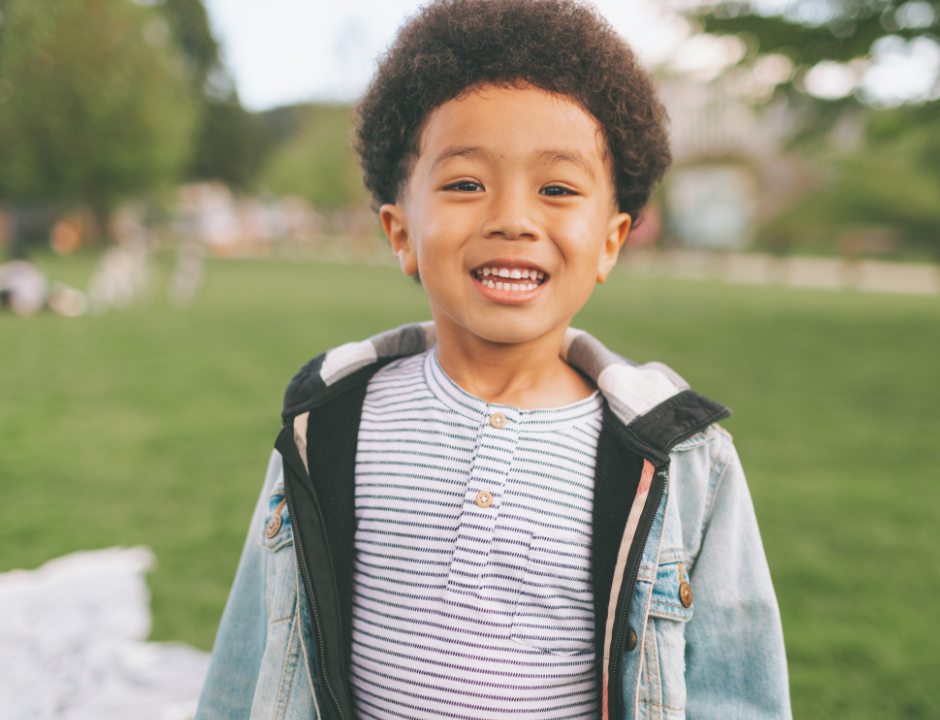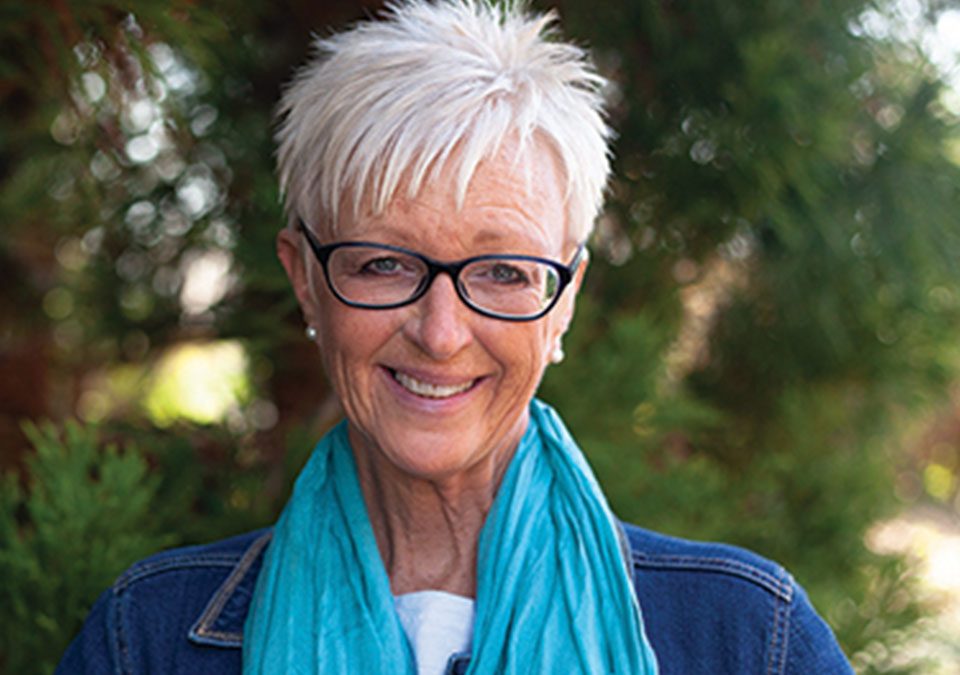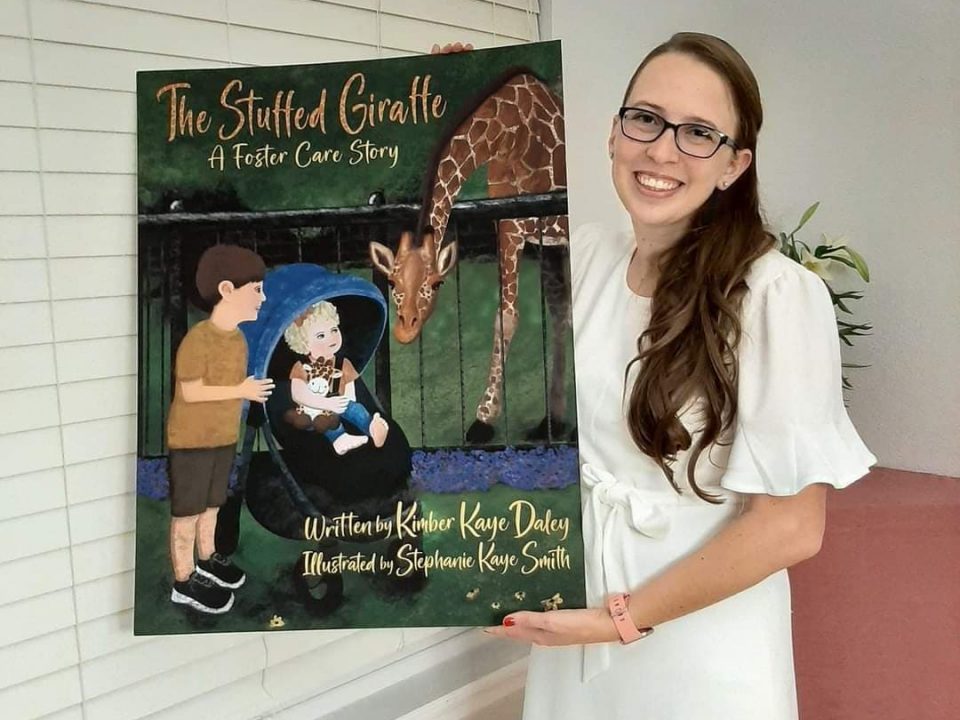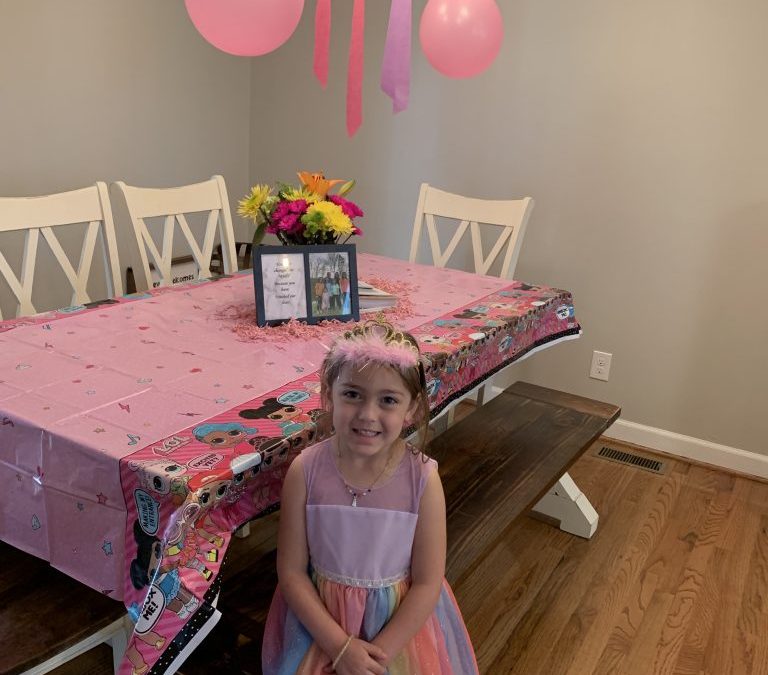
Navigating relationships with your foster kiddos bio family is important. We hear this repeatedly in our trainings and from our case workers, but sometimes it still feels daunting. If you let it, foster care will stretch you in new and unexpected ways. It is hard, but we keep saying it, “love does hard things!”
Kendal, a foster mom, and Dhestiny, whose child was in Kendal’s care for seven months, built a strong relationship on the foundation of their love ❤️ for Ava. These families found a way to love and support each other even after reunification. Kendal shares pat of their story on #FosterFridayLive to highlight the amazing things that happened for her own family because they decided to open themselves up to a relationship with bio family- seeing Dhestiny not as a villain, but as someone who just needed a little help, like we all do at times.
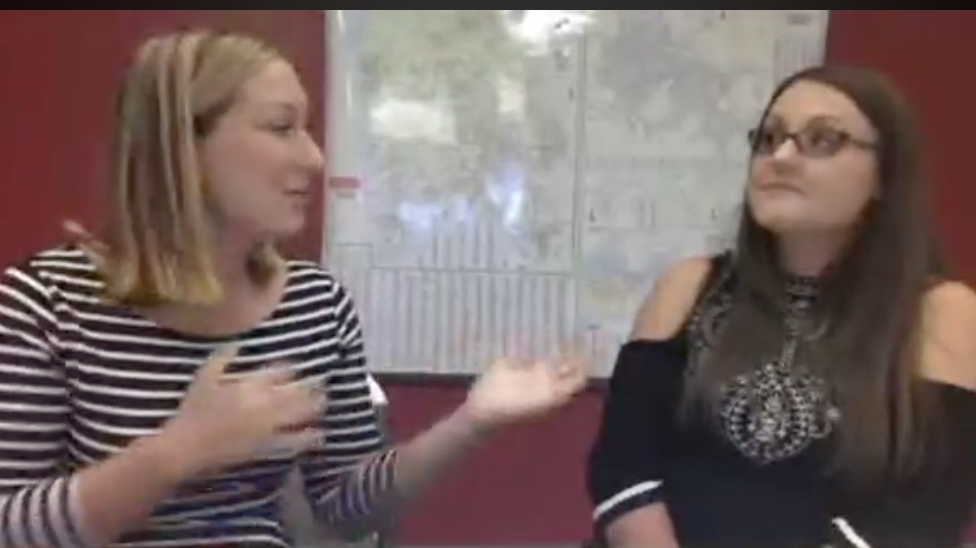
[All names and photos are being shared with permission from both families post-reunification.]
1. It can be successful!
I understand the hesitation and I’ve had it myself. I certainly know, both professionally and personally, that not every situation is going to work out this way. It is worth trying! The benefit for her and for us, and what we can offer her ongoing to help a family heal, is worth all the risk. So, no; it’s not always going to end this way. I certainly acknowledge this is a rare circumstance but it is something to consider.
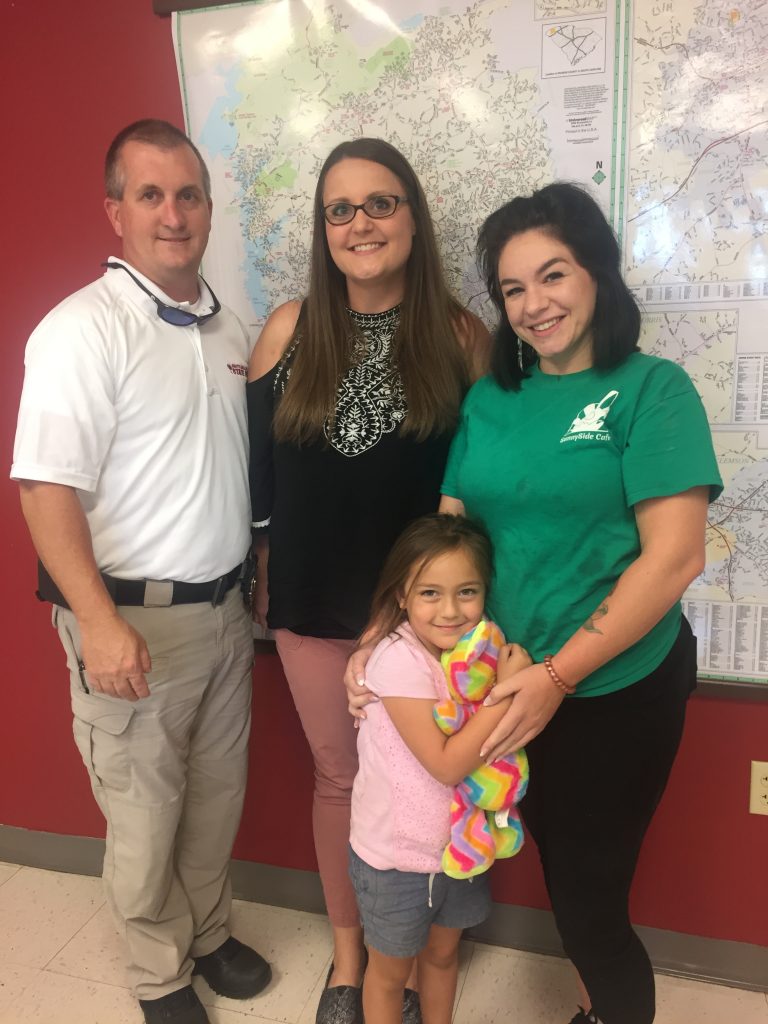
But communication with your case worker is key. I’ve never had a worker that didn’t think it was a good idea to build a relationship with bio family, but I have had workers that thought that I wasn’t allowed to, honestly. I have had several over the years that thought that the policy was that foster families couldn’t have relationships with the birth family so that is just an education piece and a conversation. It does help if you are familiar with your agency’s policies. You licensing staff can help you navigate that. I am familiar with situations where an agency doesn’t feel it is a good idea but that is a case specific situation. If you disagree with your case worker about whether or not it is appropriate to have a relationship with the birth family, you can bring in the Guardian or ask for a second opinion, maybe a supervisor. In the end, you may not know something about the family that your case worker hasn’t shared or can’t share that makes them think that it is not appropriate or it isn’t a good time. Always take the advice of your case worker as the expert, but at the same time you are an advocate for your child. If there is something you need or your child needs, continue that conversation with your case worker as an advocate.
2. You may be more enthusiastic about a relationship than the birth family at first
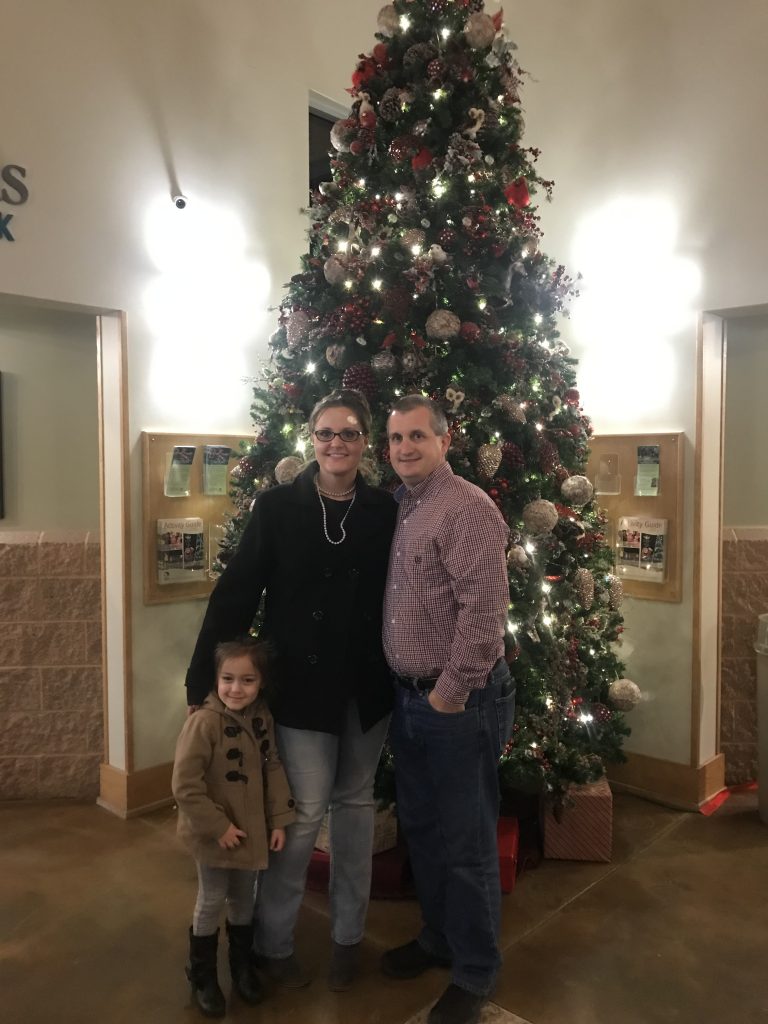
That’s a tough situation. There is only so much you can do. Always loop the case worker in and make sure they know what you’re willing to do. I’ve had a lot of workers over the years that were sort of taken aback when I would say, “I’ll meet mom at the visit” or “mom can have my number.” So that’s an agency shift too. So make sure that your worker understands where you’re coming from and that you have good intentions and what you’re willing to do. They can encourage that too. They may and that may not help. Some families just aren’t comfortable with it, just like some foster families aren’t comfortable with it. Those are just situations that we accept.
3. You Can Continue to Offer Support After Reunification
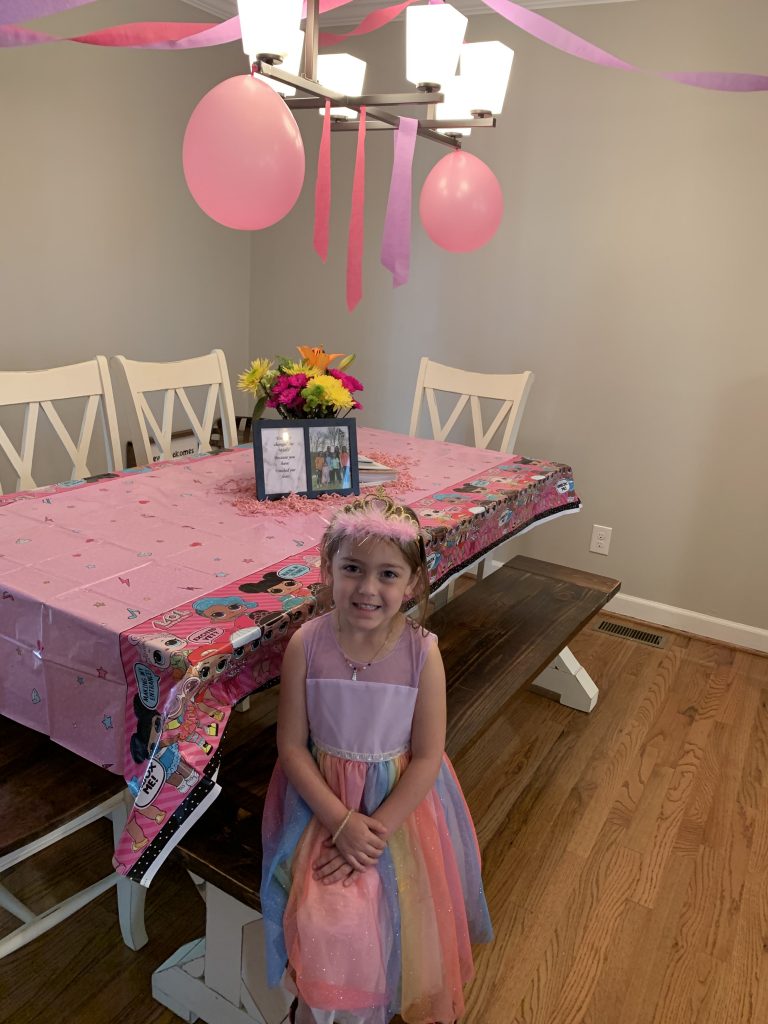
Just offer to maintain contact. Even babysitting. We wanted Dhestiny to know if she needed someone to keep her, we could do that. And even down to physical needs. If there is something that she needed for her, we’ll come get her and take her clothes shopping. We now have another child transitioning to a relative and we told her the same thing. “If you need a babysitter or whatever you need, we’re happy to be a support and maintain that.” I’ve found that letting them dictate what they need because it can be a little bit challenging, you don’t want to be too pushy. We just offer an open-ended “we’re here for whatever you need.” We let them navigate that!
Kendal and her family built a special relationship with Ava’s mom, Dhestiny, over the seven months that she was in their care and continue to have a solid relationship with her. This is what Kendal had to say about that experience.
What did it look like to start building a relationship with your foster child and her bio mom?
Ava came to live with us last fall when she was just about to turn four. We have made it a habit to attend court hearings which is how we initially made a connection with Dhestiny. We saw her in passing at visits as we do most of the transportation- that’s something that we try to do. At court is when we really made a connection. My husband is the one who went and he had quite a bit of time before the hearing. They met there- she had some questions and obviously it helped her to see who had her child. Then I went to the next hearing and we talked for awhile and that’s where she broke down and was crying and I was able to be a shoulder to cry on. That was the turning point I guess and from there we just kind of took the advice of our case worker (asking her what she thought about interacting with mom). Mostly we just saw her at visits for awhile and then around Halloween she did come trick-or-treating with us. That was a big thing for her and we didn’t want her to miss that. We met her and she went with us and our biological children trick-or-treating. From there we would mostly touch base on the phone or video chatting at night and things like that until she was successfully reunified.
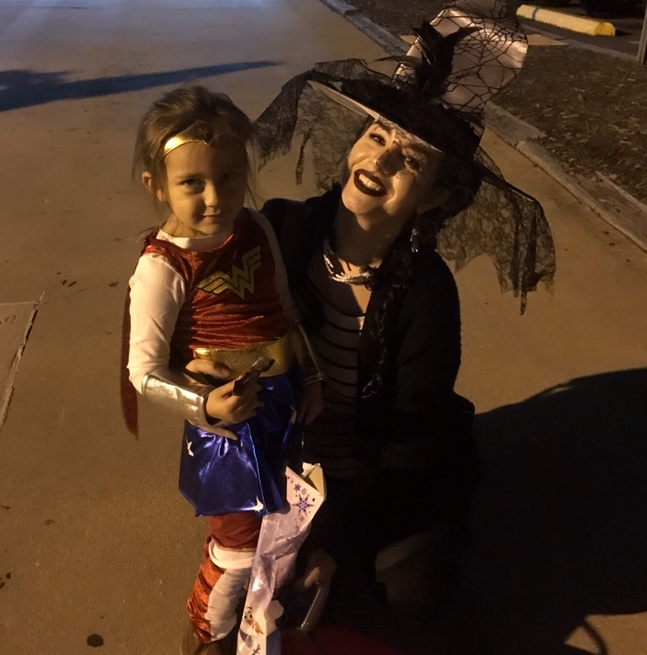
Ava was in our care for seven months. This relationship was different for us from other placements; it was special. We have had contact with other birth families and have always offered to be a support post-reunification, but I think that Dhestiny is just really one that needed that and took us up on that offer. She truly wanted what was best for Ava. When Ava came back and would ask questions, Dhestiny would tell her, “you know, we’re all a family now.” She would encourage her to know that we were part of her family and she could come stay with us and we were there to help her. She has embraced that support and she didn’t want Ava to feel like she completely lost that connection. She really acknowledged that and wanted to maintain that. She went above and beyond.
How did you make the decision for your family about the way that you would open up to bio families?
I think it came with time. I was licensed for several years before and took a couple years break. My husband and I have been licensed for a year now. Initially as a new foster parent and not being familiar at all, I probably wasn’t quite as enthusiastic about it. We didn’t talk about it a lot in trainings back then. Of course, DSS really encourages that now. As that shifted and we got more comfortable, and of course I work for DSS so that helped me to navigate the system. All of those experiences played into offering support to birth families. Now we are mostly taking the lead of the case worker and the parents.
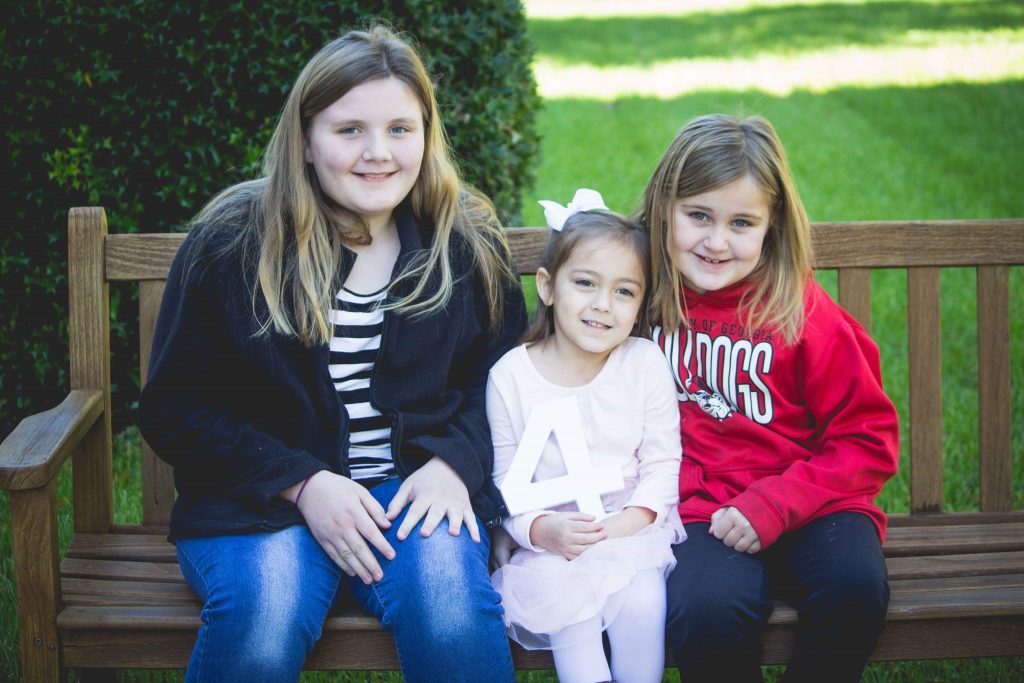
We’ve had multiple placements and interacted with multiple birth families, we’ve learned how to start a relationship with the blessing of the case worker. Usually it revolves around visits, but it changes with each placement. We have a foster baby now and I took her to her first visit and offered my number to the mom. Lots of people have reservations about that, but I’ve never really had an issue so I just kind of offered her that and if she wanted to check in, she could. She gets to choose how involved she wants to be or what connection she wants to make. Usually the first visit is just kind of an introduction- that’s my first step anyway.
How do relationships with birth families impact your own kids?
I have two children and two step-children. I think that having relationships with birth families, or seeing us have relationships with birth families, has helped them. When I started years ago my youngest was two and when our first baby left, she thought that her sibling left. That was a really big deal for her for a long time until she got old enough to understand. There has not been near as much heartache when we are connected to the bio family because with Ava now, we still see her, we still have a connection with her. For our children, that has eased the heartache. We didn’t lose her; we didn’t lose that connection. So obviously, we determined it was safe and appropriate. We wouldn’t put them in any situation that wasn’t safe- so they aren’t involved from the beginning. But when we get the guidance from the case worker and feel comfortable ourselves, we bring them in. They’ve embraced it and I think they enjoy it. The older girls, our teenagers, understand and have voiced that they like getting see Ava’s mom be successful and Ava’s doing so well. She is very appreciative of the care we gave. I think that makes them feel good about what we’re doing. It gives them a deeper understanding of why we’re doing it.
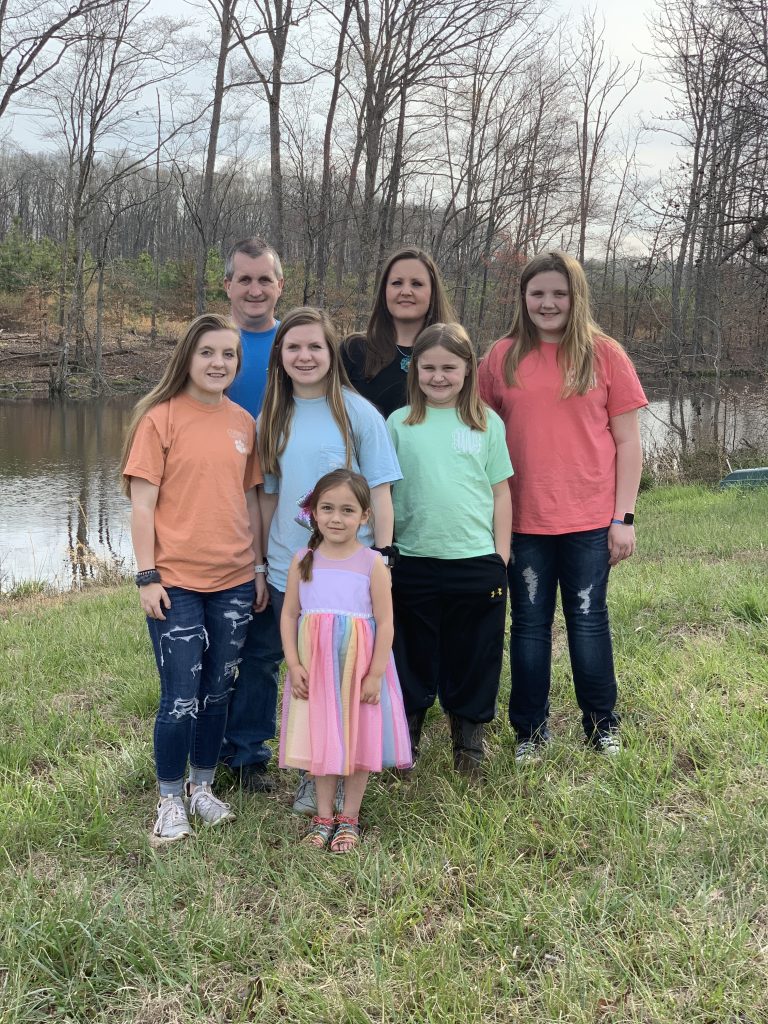
The timing that we bring them in depends on the case. With Ava, they didn’t meet Ava’s mom until we went trick-or-treating together. That was a few months after she came and Dhestiny was doing well at that point. We included her and they embraced that. It helped them understand and to encourage Ava. When she would call and they were there, everyone was listening to the phone call and they were connected that way.
The first conversation with our kids about including Ava’s mom looked like, for us, just kind of putting it out there. The older ones understand all along that she exists, but our youngest who is now eight, she had a lot of questions. We just explained, not in great detail, that Ava’s mom loved her and was working hard to bring her home. So we just presented to her, “if you for some reason had to leave your home, isn’t that what you would want. And we can help make that happen.” We talked about showing Ava’s mom that we love her and they really took to that. They wanted Ava’s mom to see that they loved her and they were taking good care of her.
Watch the full interview with Kendal on Youtube.
How do you navigate relationships with the parents or family members of the kids in your care? Comment below.

